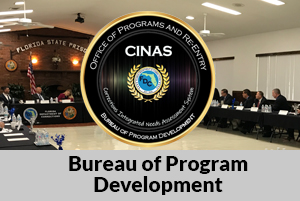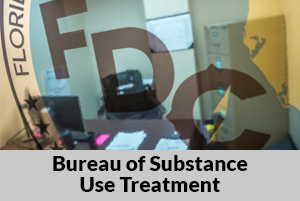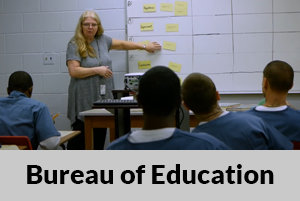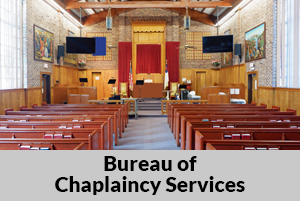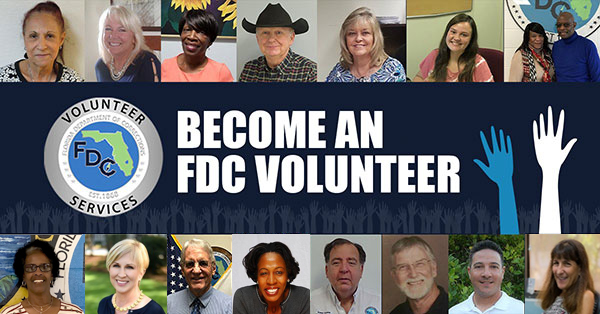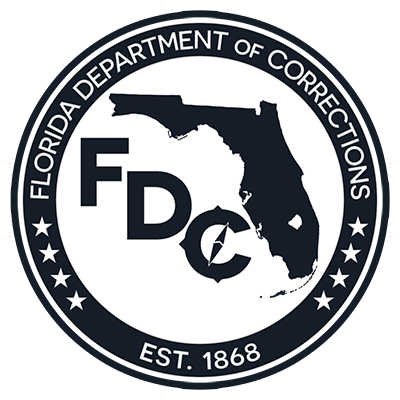Office of Programs and Re-Entry
The Office of Programs and Re-Entry is committed to leadership in rehabilitative programs that support the improvement and readiness of lives in our custody. By employing evidence-driven strategies, the Office of Programs and Re-Entry increases security and public safety by providing programming for productive learning, positively transforming behaviors, and teaching pro-social skills that assists with re-integration into communities.
Four sections under the direction of the Office of Programs and Re-Entry supports the following disciplines:
The Bureau of Program Development (BPD) designs and implements the Department's risk and needs assessment tool and related processes and policies instrumental in the rehabilitation and restoration of justice-involved individuals whether incarcerated or on community supervision. The BPD trains staff in the use of this risk and needs system and provides ongoing coaching, mentoring and fidelity monitoring. In addition, the BPD conducts related systems and program analysis, program categorization and research into evidence-driven practices that support Department initiatives.
The Bureau of Education is responsible for the administration of academic and career and technical education, library services, specialized population programming and transition services.
The Bureau of Substance Use Treatment is responsible for services that assist in the transition period between incarceration and return to community. These services include Re-Entry institutions, community and in-prison based behavioral health and substance use disorder programs, and other release services.
The Bureau of Chaplaincy Services provides for the spiritual needs of inmates and offenders, coordinates religious education, and provides constitutional service for the Florida Department of Corrections allowing the greatest amount of freedom and opportunity for inmates to pursue individual religious beliefs and practices consistent with the security of FDC facilities.
Volunteering with FDC is a rewarding experience for individual citizens. Volunteering is also important to safety and security of our institutions and facilities and important to the administration of our inmate and offender programming. FDC recruits, trains and supervises the services of over 19,000 volunteers statewide.
- Bureau of Program Development
- CINAS and CINAS Lite
- Criminogenic Domains
- ORION
- ORION ES
- Program Clearinghouse
- Program Review Application
- Bureau of Education
- Academic Education
- Career & Technical Education
- Community Transition Services
- Canine Obedience Training
- Higher Education in Prison (HEP)
- Library Services
- Bureau of Substance Use Treatment
- Substance Use
- Community Based Programs
- Community Based Re-Entry Programs
- Re-Entry Centers
- Volunteer Services
- Resource Directory
- Re-Entry Programs Registration Application
- Bureau of Chaplaincy Services
- Worship/Religious Education Programs and Services
- Religious Diet Program
- Faith and Character Based Programs

